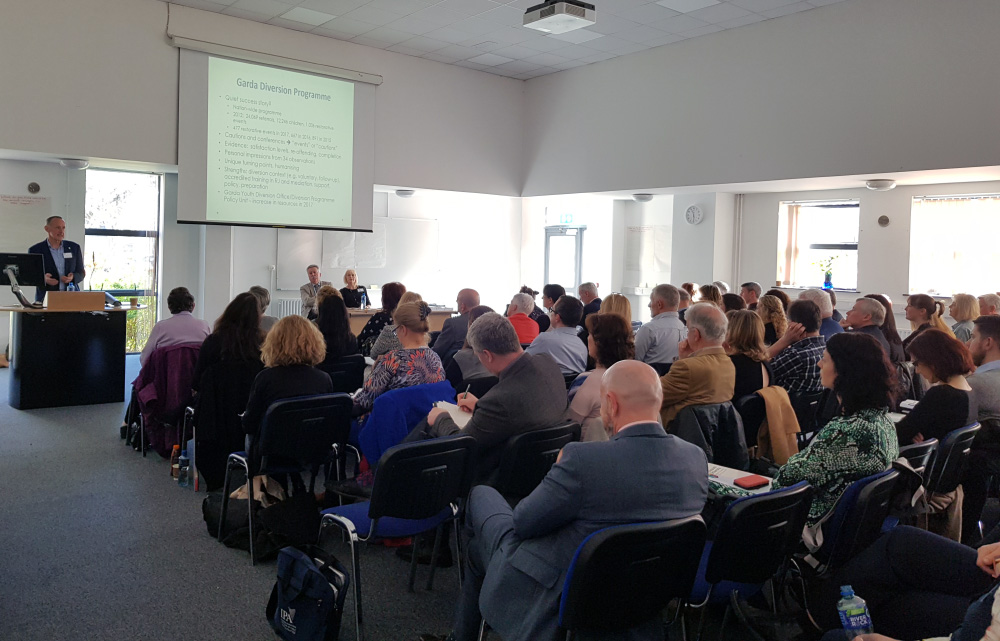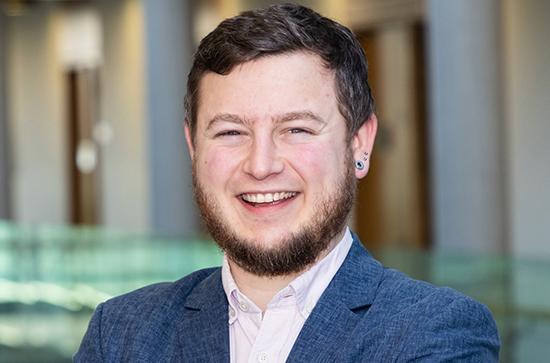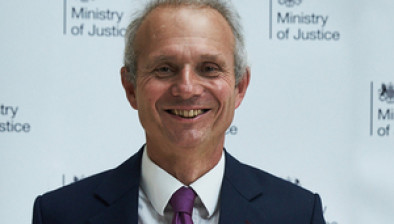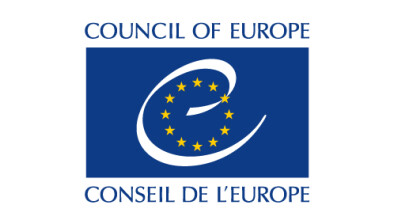Irish judges and lawyers urged to consider restorative justice at Maynooth symposium

Irish judges, prosecutors and defence lawyers have been urged to consider using restorative justice following the launch of a new cross-European project aimed at promoting its benefits.
Dr Ian Marder, lecturer in criminology at Maynooth University, told Irish Legal News that the benefits of restorative justice include “reduced reoffending, high rates of victim satisfaction and reductions in post-traumatic stress symptoms among participating victims”.
Over 100 criminal justice stakeholders participated in a recent one-day symposium at Maynooth University to launch the Irish arm of the “Restorative Justice: Strategies for Change” project.
Ten jurisdictions are participating in the four-year project, which seeks the implementation of the Council of Europe’s newly-adopted Recommendation on restorative justice.
The symposium brought together senior and frontline representatives of An Garda Síochána, the Irish Prison Service and the Probation Service, policymakers from the Department of Justice and Equality and the Department of Children and Youth Affairs, judges and solicitors, academic researchers, and managers and practitioners from victim support and restorative justice services, among others. Northern Ireland criminal justice agencies were also represented.
Dr Marder co-organised the event alongside the project’s three other core members for Ireland - Ursula Fernée of the Probation Service, Tim Chapman of Ulster University, and Dr Kieran O’Dwyer of the Edward Kennedy Institute for Conflict Intervention.
Opening the event, the co-organisers touched on the details of the Recommendation, the role of the European Forum for Restorative Justice in developing values and standards for practice across Europe, the responsibility of the Irish Probation Service for the development of restorative justice, and the status and use of restorative justice in the Irish criminal justice system.

Dr Ian Marder
Speaking to ILN afterwards, Dr Marder said he was disappointed that restorative justice processes are not universally available in Ireland, adding: “This project seeks to change that by co-creating a strategy for change with those most intimately involved in the operation of criminal justice.”
He continued: “The Council of Europe Recommendation is a very progressive document. It says that restorative justice should be available to all victims and offenders at all stages of the criminal justice system.
“It promotes the use of restorative justice outside of the justice process, including with conflicts in prisons and complaints against the police. It also outlines the principles of restorative justice and explains how these can be used pro-actively to support more positive work with victims and offenders, and to change entrenched cultures in criminal justice agencies.”
Over the course of the symposium, input was gathered from attendees, which will be used to inform the writing of an action plan to guide the project’s work for the coming years.
Core members for each of the project’s ten jurisdictions - which also include Albania, Belgium, Czechia, Estonia, Italy, the Netherlands, Poland, Portugal and Scotland - will gather at Maynooth University for their first project meeting late next month.
However, Dr Marder said there is already “much that the legal profession can do to support the development of restorative justice in Ireland”.
He said: “Under the Children Act 2001, judges have the power to order a family group conference for young offenders, a power which recent research by Norma Kennedy shows is seldom used.
“In Dublin and Tipperary, specialist services can already deliver restorative justice in cases involving adult offenders at the pre-sentence stage, if judges are willing to adjourn sentencing and make sure a referral.
“In the rest of the country, the Probation Service can deliver restorative justice alongside community sentences.
“But all of these situations require judges, prosecutors and defence solicitors to be raising the possibility of restorative justice at court.”







